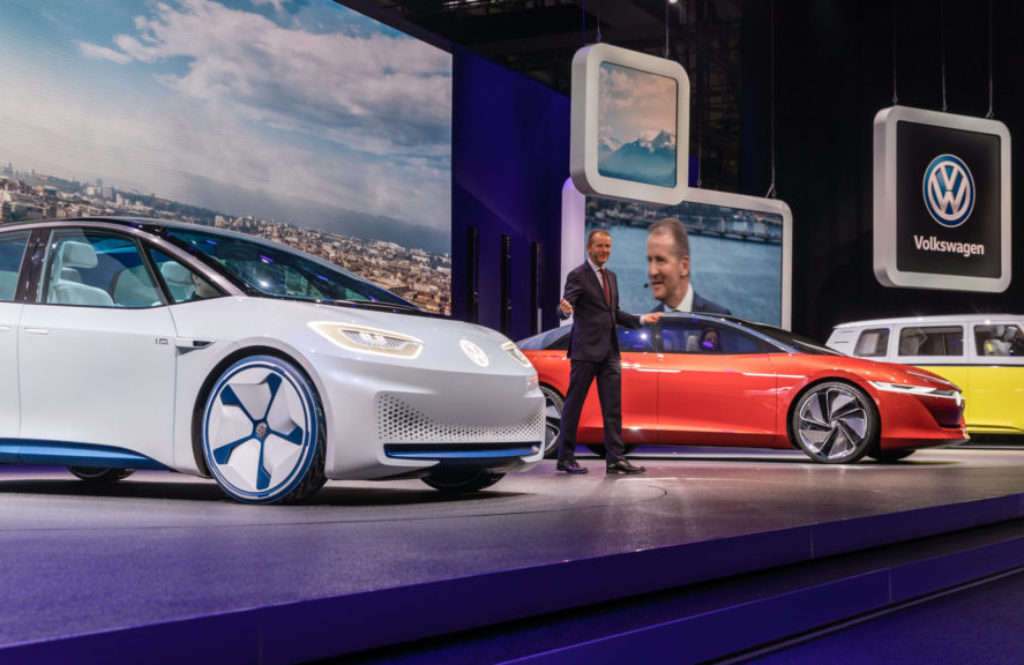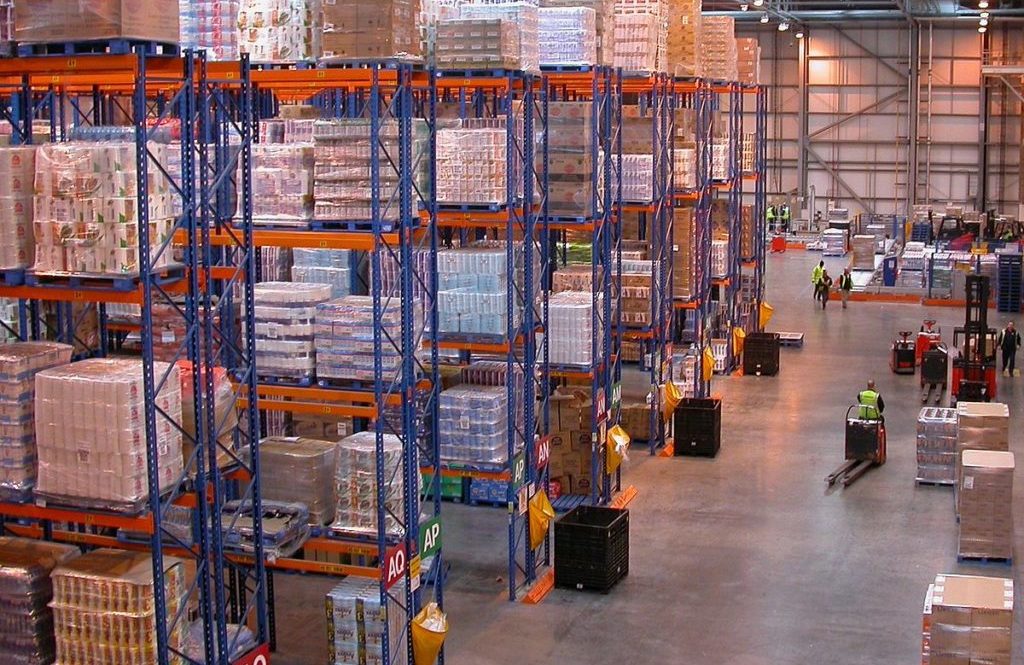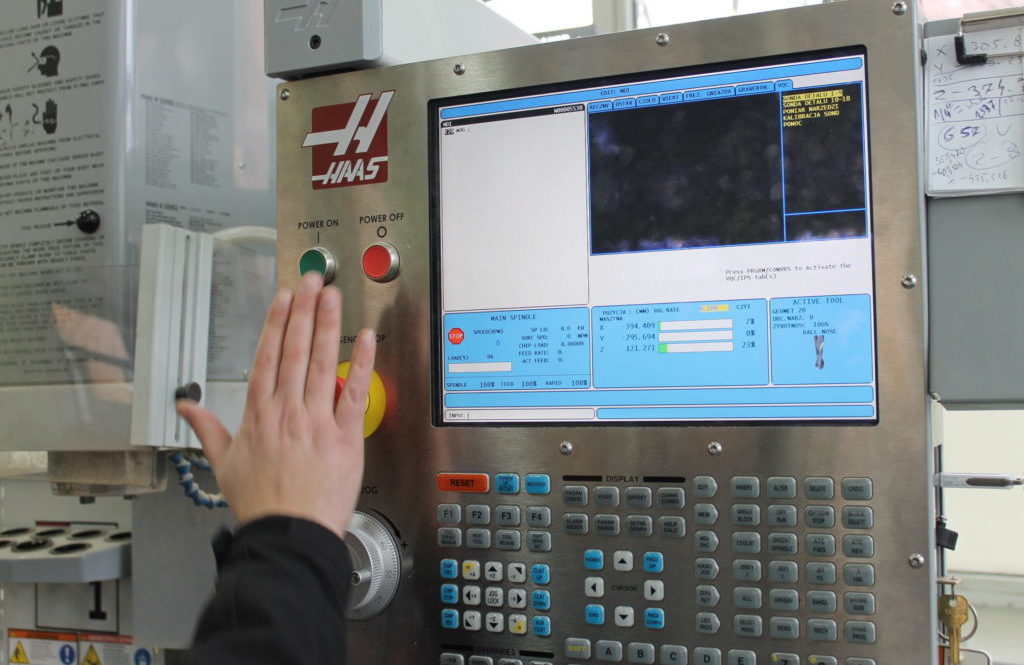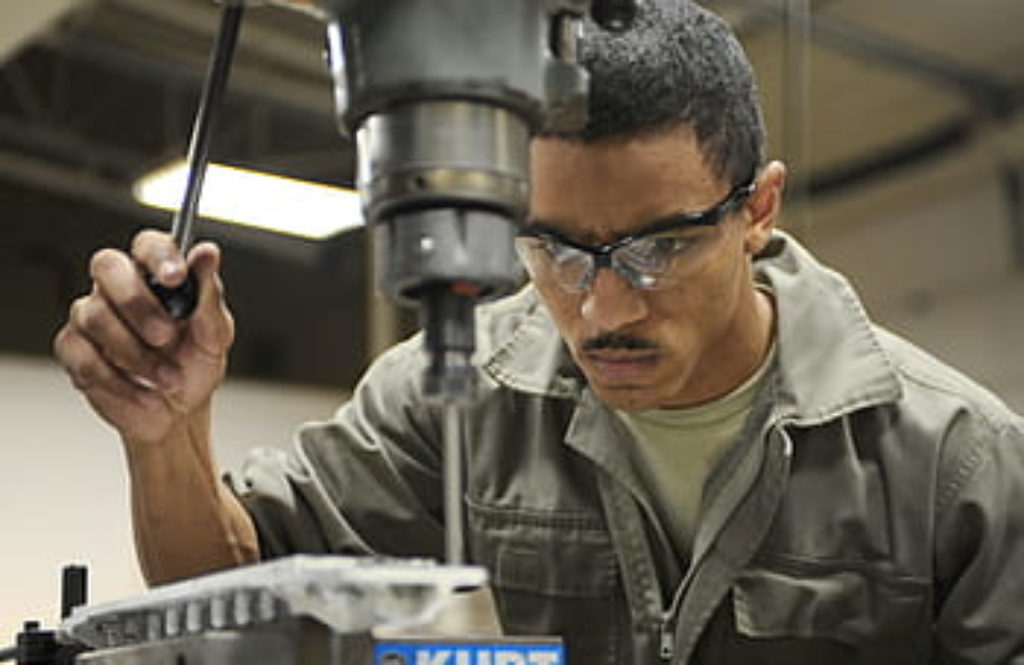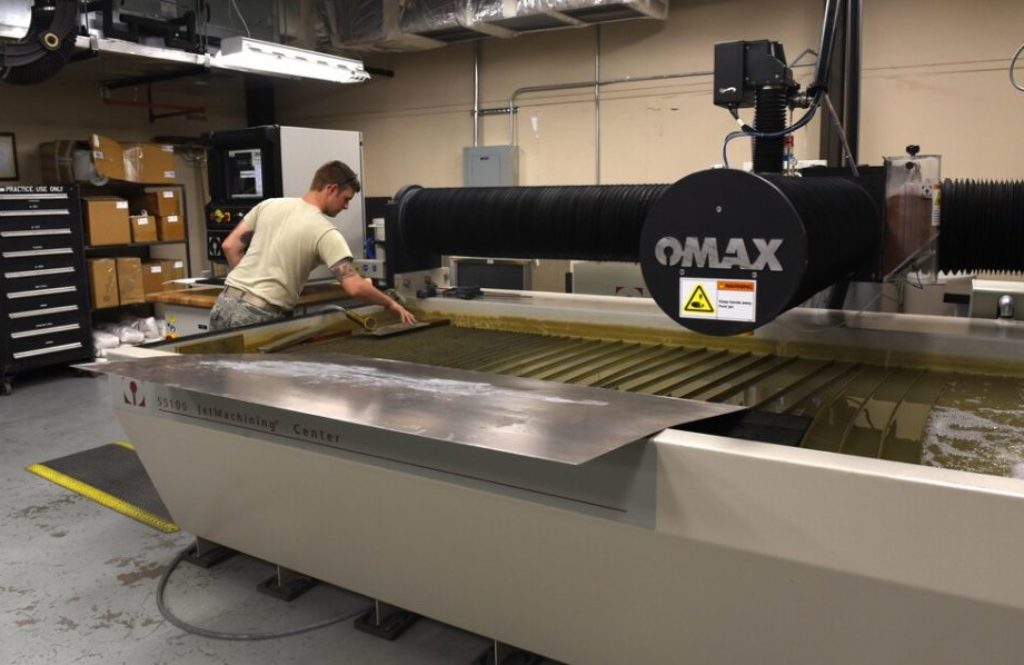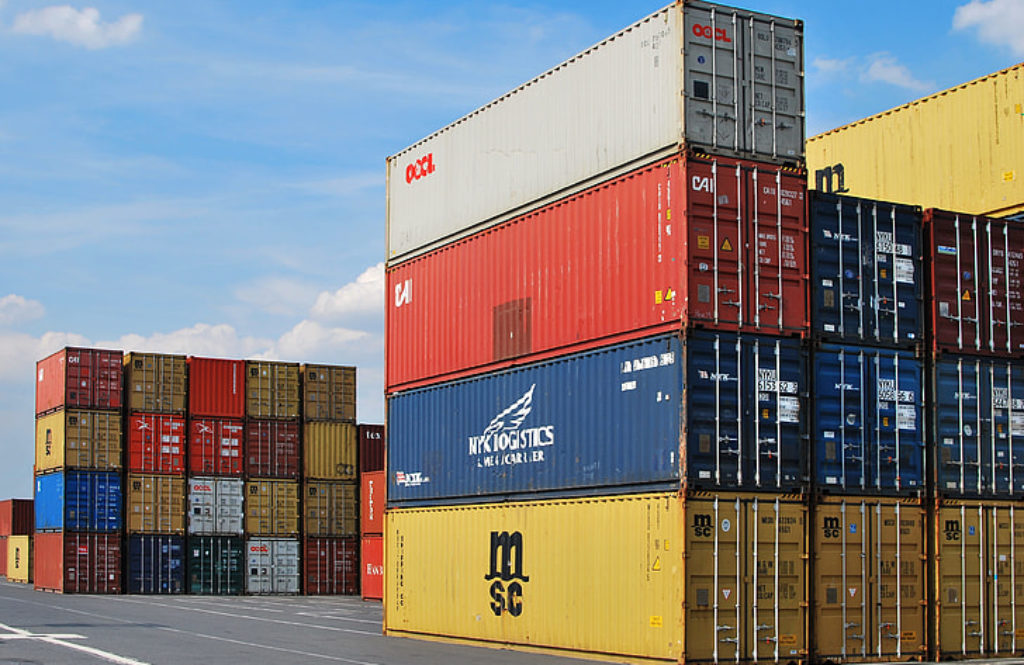Electric vehicle manufacturing in Mexico is a growing opportunity
Because the Mexican automotive industry accounts for approximately three percent of the nation’s Gross Domestic Product (GDP) and Mexico is the third-largest exporter of vehicles and the fourth largest auto parts exporter in the world, representatives of manufacturers have outlined opportunities to increase the share of electric vehicle manufacturing in Mexico.
During a recent panel discussion on “The Integration of Mexico into North America of Electromobility,” which was part of the Latam Mobility Virtual Summit 21, Jone Orbea, leader of the electric mobility initiative of the United Nations for Latin America and the Caribbean, reported that Mexico has 10 cities of more than one million inhabitants. These metropolitan regions have a combined fleet of 50 million light vehicles and approximately 14 rapid transit bus systems. However, it estimated that there are only seven thousand pluggable electric and hybrid vehicles in the country and only two electric buses in operation. Given the present situation, there is much opportunity to expand electric vehicle manufacturing in Mexico.
Leonardo Beltran, a non-resident fellow of the Institute of the Americas, noted five important elements to consider concerning the United States-Mexico-Canada Free Trade Agreement (USMCA) and its notion of electromobility. These elements include:
- The integration of Mexico into a market of more than 500 million inhabitants (the three countries are also part of the Group of 20, which implies great purchasing capacity).
- The USMCA free trade area is the largest technology and knowledge production market on the planet.
- Mexico is the gateway to Latin America and the Caribbean, adding another 600 million people as potential customers of electric vehicle manufacturing production in Mexico. The country already has an infrastructure that allows exporting both finished vehicles and different automotive value chain elements.
- The development of mining capabilities required for the battery production needed to expand electric vehicle manufacturing in Mexico.
The work of Volvo and Metrobus promotes electric vehicle manufacturing in Mexico
Leticia de la Torre, leader of the Volvo Group’s Mexico Electromobility Project, recently stated that the initiative underway with Metrobus, Mexico City’s Bus Rapid Transit system (BRT), has developed a synergy that strengthens commercial and growth relations in the city’s transportation network. The Volvo Group Mexico has collaborated with Bus Rapid Transit for more than 15 years and anticipates that the BRT will eventually benefit from expanded electric vehicle manufacturing in Mexico.
“As Mexico City is one of the largest globally, the demand for mobility is important, there are approximately 1.6 million transportation system users, so it is important to bring to Mexico a 100 percent electric passenger vehicle. We work together with Metrobus under the vision of turning it into a city with zero accidents, zero noise, and zero-carbon.
Mexico is ideal for electric vehicles
Sergio Martínez, CEO & Partner of Hispano Suiza, noted that Mexico City is ideal for implementing electric motor vehicles because it has many commuters and has developed transportation infrastructure. He also pointed out that the public sector is aware that noise and environmental pollution impact the city’s inhabitants’ health and the citizen’s overall quality of life.
Nazareth Black, chief executive officer, CEO of Zacua, a company that is pioneering electric vehicle manufacturing in Mexico, has observed that all the elements that are characteristic of Mexico, such as geographic position, the maturity of the automotive industry, and installed capacity, can lead to growth in the production of EV’s in Mexico. The leader of Zacua sees areas of opportunity that have arisen due to the implementation of the USMCA. To capitalize on these new opportunities, companies that make up the supply chain for electric vehicles have to work together to forge partnerships that result in greater production.
Infrastructure to support electric vehicle manufacturing in Mexico is being developed
Laramy Guadarrama Rojas, network development & E-performance Manager of Porsche Mexico, reported that the company he represents works in the manufacture of electric vehicles in Mexico and in the development of an electrical infrastructure system. By 2022, Porsche will have invested more than six billion euros in electric vehicles and electrical infrastructure.
“In Mexico, there are more than 360 chargers located on customer properties. Porsche centers also participate in this electrical infrastructure with 95 chargers across the country’s power grid. This capacity includes super-fast chargers that supply 80 percent of the battery capacity in less than 30 minutes.
Regarding public infrastructure, he indicated that through the Porsche Destination Charging program, they have developed a network together with commercial partners to have chargers in different locations such as hotel chains and shopping centers, among others. Porsche is also establishing charging stations for customers situated in places such as office complexes and is also working on a website that will allow users to determine where they can charge electric vehicles manufactured in Mexico.


